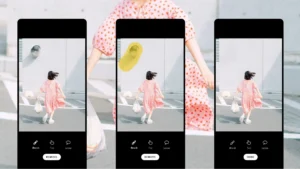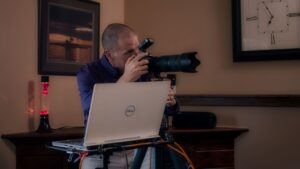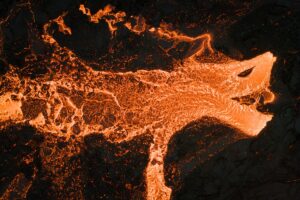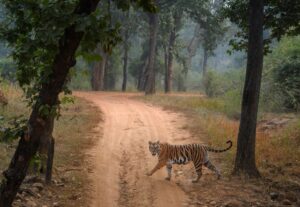
Unquestionably, even now as a photographer who has an established career, perseverance is of utmost importance. It never stops being important.
Jesse Dittmar
You can also listen to this episode on iTunes, Pocket Casts, Spotify, Castbox, and Google Podcasts.
Our black & white photography course will teach you how to take amazing b&w photos within a month or less. Join our mini course and start taking your photos to the next level!

In this episode, I speak with celebrity portrait photographer Jesse Dittmar. Jesse has been photographing well-known actors and public figures for many years. He’s a master at making famous subjects look like old friends. His peaceful and candid approach to
We talk about:
- What it was like to be a photo assistant before entering the world of celebrity portraiture
- The importance of persistence in every photographer’s life
- Jesse’s favourite celebrity photoshoot
& much more!
Before Jesse got his big break, he was unemployed for 14 months. We talk a lot about this, as well as the power of ambition, in this interview. I hope it inspires you to keep on going and to be fearless when it comes to your passions.
Here is a preview of our conversation with Jesse Dittmar.

Q: Given your experience, do you think it’s a good idea to quit a full-time job cold turkey and pursue photography ?
Jesse Dittmar: I think it really depends on your personal situation. Two things can be true at the same time, which is that you need to have the ability to make a living and to support yourself in whatever capacity is necessary.
I also think that unless you’re willing to give a profession like

Q: You’re very good at connecting with your models and making them look natural in your portraits. Is there anything you do on a technical level to achieve this as well?
Jesse Dittmar: All of my technical choices are lending itself towards that theme of feeling like you’ve known this person and that you’re sitting in front of them.
So how do I do that? Technically, my aesthetic is a very purposeful choice of typically black and white and typically close. With the Hasselblad, you’re usually getting a pretty shallow depth of field because that’s the way our eyes see. We’re not used to seeing everything in focus at once. Our eyes are trained to make things less contrast-y. They try to pick up as much detail on someone’s face as possible. So I try to light with a nice, even tone for people’s faces and try to make it feel as much of the natural chemical, optical, and mathematic process that’s going on in our brain.
So I’m not typically using a lot of contrast, I’m not typically hiding people’s faces. Even if you’re sitting in front of someone in harsh lighting, your brain wants to see that person and it will do its best to render that person in as much detail as possible.
At the same time, you’re talking about a memory of a person, too. You’re talking about this feeling that you get when you’re thinking back to sitting in front of someone. That’s not hyper detailed, it’s also a little fuzzy. That’s why I like grain.

Q: You were unemployed for 14 months after quitting your job as a photo assistant. What kept you going during that time?
Jesse Dittmar: It was hard, I’m not going to lie. I’m a very privileged person. I have a huge safety net at my disposal. I was very lucky to be born into an affluent and loving family. When I quit being a photo assistant, I had my long-term girlfriend – who has become my wife – who was extremely supportive of what I was doing. Even though it was really hard, I had a lot of support.
That being said, it was really difficult. You quit photo assisting because you think that you’re going to have the opportunity to start shooting immediately. Part of the reason why I stopped photo assisting is because I was getting some small opportunities as a shooter. I felt like it was time to brand myself as a shooter and move away from the idea that people think I photo assist. That transition takes a lot longer than you’re expecting, so it was tough.
I always said to myself, when I wanted to be a photographer, that I was prepared to be poor. I didn’t stay unemployed long enough to quit the the desire to become a photographer. It was a close call. By the time I started getting work, I was getting close to the end of the rope. I got swept up and got lucky after a lot of hard work and a lot of meetings. Eventually, I got a break and I capitalised on it. All of a sudden, I was very much a working professional photographer.

Links
Join Our Photography Community!









